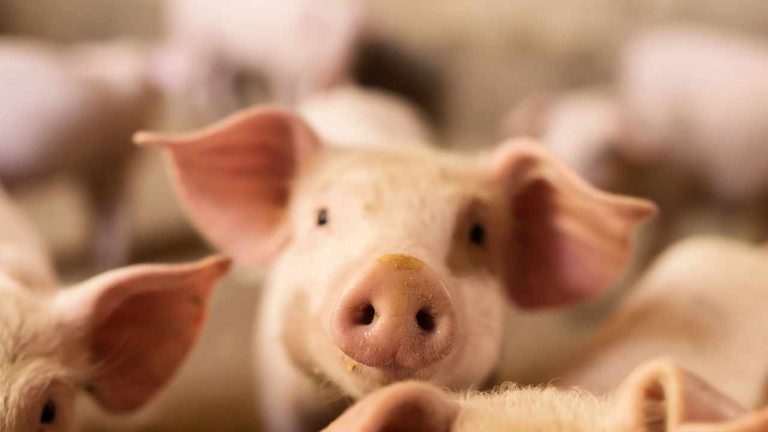
U.S. authorities have seized seven domains used in “pig butchering” cryptocurrency schemes. “Once the money is sent to the fake investment app, the scammer vanishes, taking all the money with them, often resulting in significant losses for the victim,” the Department of Justice warned.
7 Domains Used in Pig Butchering Crypto Scam Seized
The U.S. Department of Justice (DOJ) announced Tuesday “the seizure of seven domain names used in a recent cryptocurrency confidence crime, known as ‘pig butchering.’”
The DOJ explained that “In pig butchering schemes, scammers encounter victims on dating apps, social media websites, or even random texts masquerading as a wrong number,” elaborating:
Scammers initiate relationships with victims and slowly gain their trust, eventually introducing the idea of making a business investment using cryptocurrency.
“Victims are then directed to other members of the scam syndicate running fraudulent cryptocurrency investment platforms, where victims are persuaded to invest money,” the DOJ described, adding:
Once the money is sent to the fake investment app, the scammer vanishes, taking all the money with them, often resulting in significant losses for the victim. And that is exactly what happened in this instance.
According to court records, from at least May through August, scammers induced five victims in the U.S. “by using the seven seized domains, which were all spoofed domains of the Singapore International Monetary Exchange.”
Scammers convinced the victims that they were investing in a legitimate crypto opportunity. The DOJ noted that after the victims transferred funds into the deposit addresses provided by the scammers through the seven seized domain names:
The victims’ funds were immediately transferred through numerous private wallets and swapping services in an effort to conceal the source of the funds. In total, the victims lost over $10 million.
Several U.S. authorities have warned that the pig butchering crypto scam has become “alarmingly popular.” In September, the Delaware Department of Justice’s Investor Protection Unit issued a cease and desist order against 23 entities and individuals involved in this type of scam.
What do you think about U.S. authorities seizing domains used in pig butchering crypto schemes? Let us know in the comments section below.
















